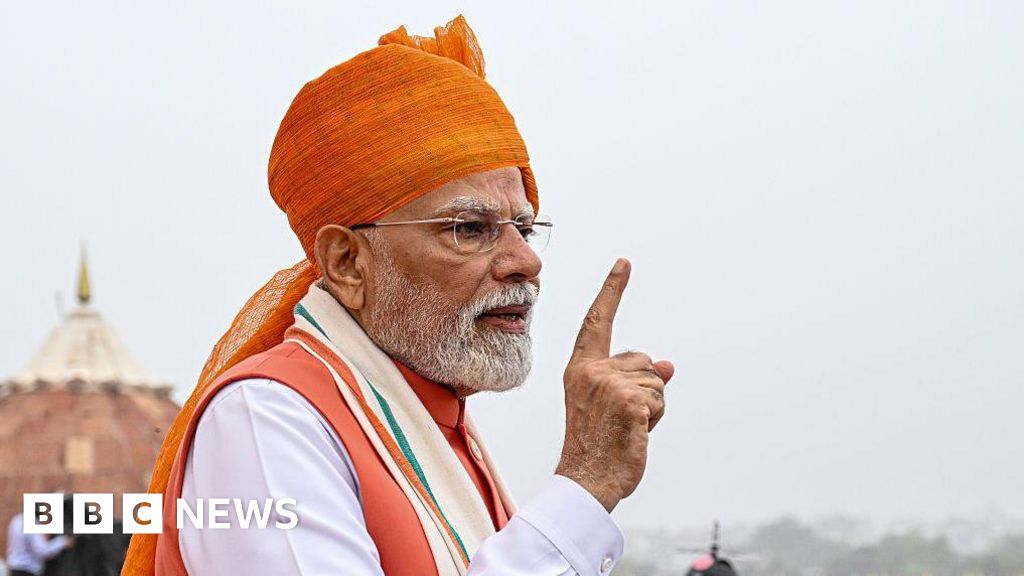Germany is poised to implement a corporate tax reduction as part of Chancellor Friedrich Merz's economic strategy, seeking to enhance growth within the country's economy. This legislative action, approved by the upper house of Parliament, reflects a more traditional approach to fiscal policy, emphasizing stability and predictability over haste and spectacle. Unlike the bold tax cuts championed by Trump—which attracted significant media attention—Germany's new legislation has sparked comparatively little debate and is grounded in classical economic theory.
Finance Minister Lars Klingbeil underscored the necessity of this measure as Germany grapples with economic challenges, positioning the country for renewed investment opportunities. With the nation's president expected to officially sign the measure soon, the reforms are anticipated to be one of the primary components of Merz's administration. The German government is focused on revitalizing its economy, which stands as Europe's largest—a formidable task as it faces increasing competition and evolving global market conditions.
In contrast to the U.S. approach, Germany's deliberate and unassuming strategy seeks to attract business while providing a stabilizing factor in its economic policy. Merz's administration signals a significant shift, remapping the conversation around fiscal policy in Europe, while maintaining the dignity of traditional economic arguments amidst contemporary challenges.
Finance Minister Lars Klingbeil underscored the necessity of this measure as Germany grapples with economic challenges, positioning the country for renewed investment opportunities. With the nation's president expected to officially sign the measure soon, the reforms are anticipated to be one of the primary components of Merz's administration. The German government is focused on revitalizing its economy, which stands as Europe's largest—a formidable task as it faces increasing competition and evolving global market conditions.
In contrast to the U.S. approach, Germany's deliberate and unassuming strategy seeks to attract business while providing a stabilizing factor in its economic policy. Merz's administration signals a significant shift, remapping the conversation around fiscal policy in Europe, while maintaining the dignity of traditional economic arguments amidst contemporary challenges.



















